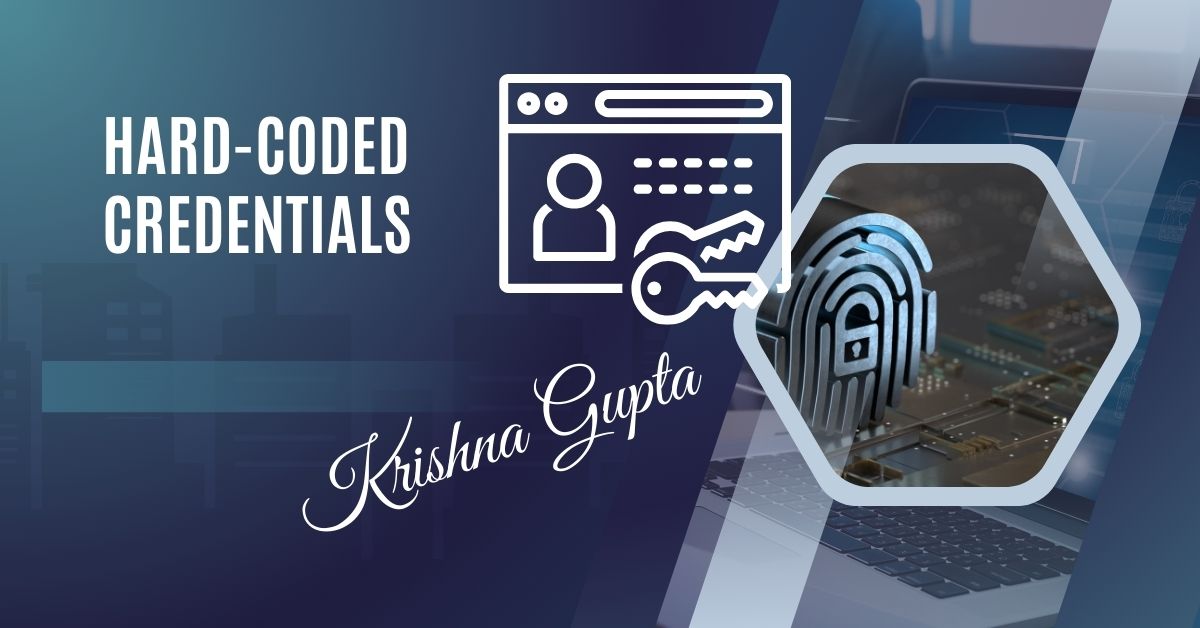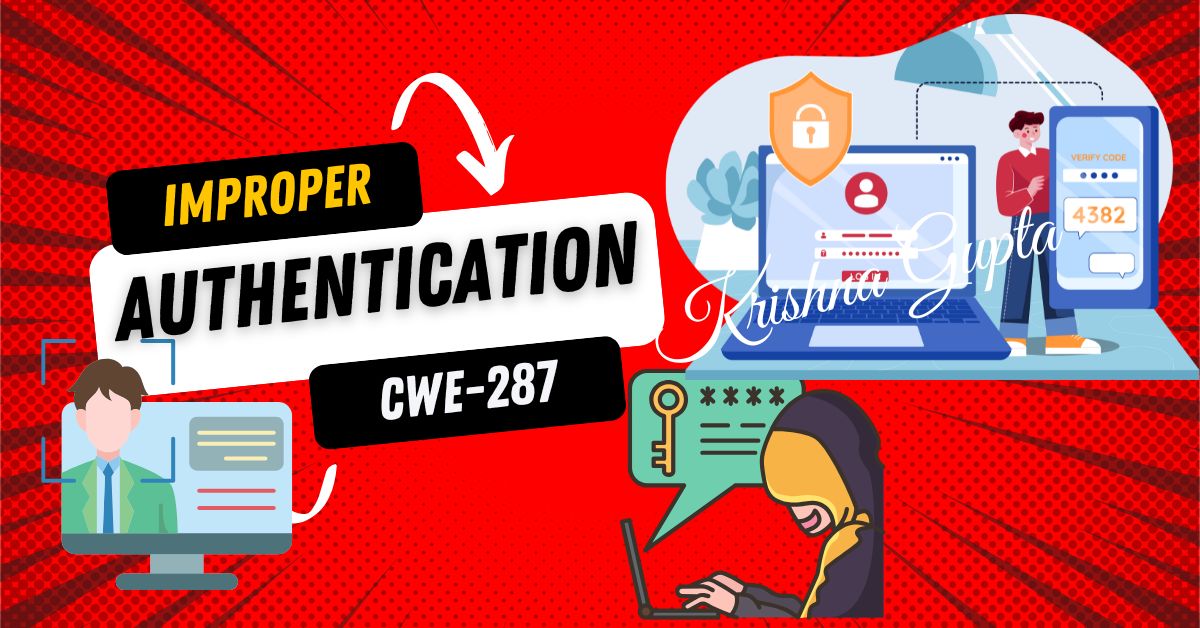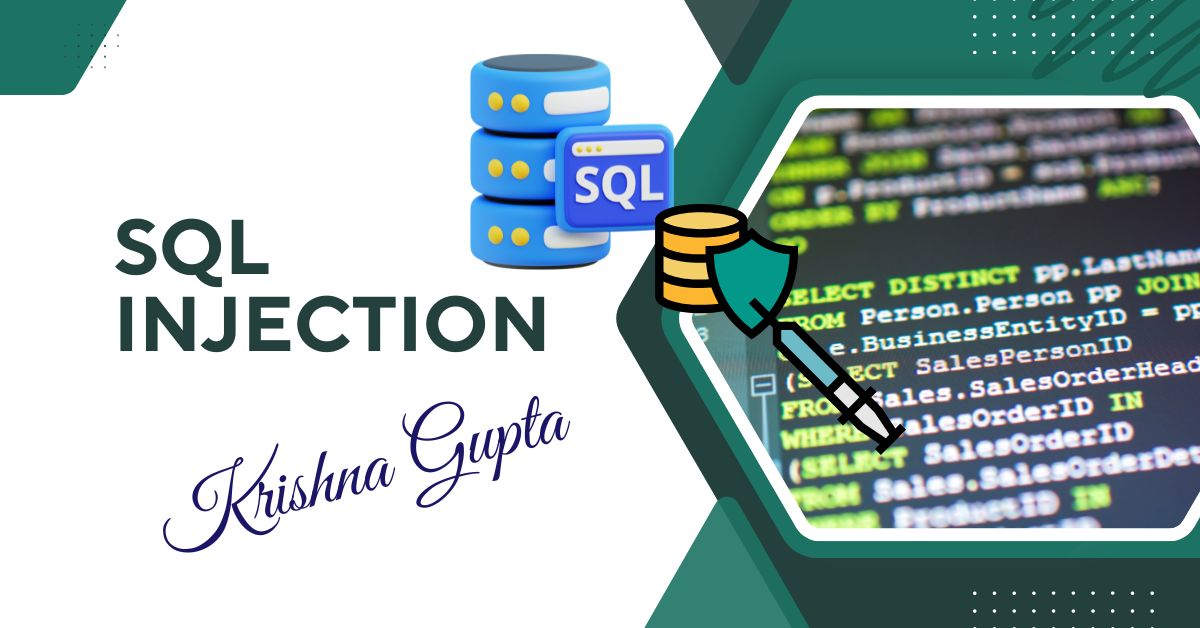2024 CWE Top 25 Most Dangerous Software Weaknesses: Use of Hard-coded Credentials (CWE-798)
Hard-coded credentials refer to embedding authentication information such as usernames, passwords, API keys, or cryptographic keys directly into the source code. Developers might do this for convenience, testing, or quick deployment. However, these credentials often remain in production, creating vulnerabilities.




